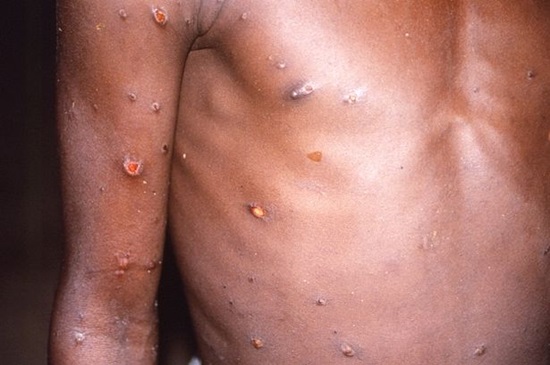Africa’s first batch of mpox vaccines will this week finally reach the continent, weeks after they have been made available in other parts of the world.
The 10,000 shots, donated by the US, will be used to tackle a dangerous new variant of the virus, formerly known as monkeypox, after a 2022 outbreak triggered global alarm.
Vaccines have already been made available in more than 70 countries outside Africa, and the failure to provide the continent with anti-mpox shots until now displays worrying problems in the way international agencies deal with global health emergencies, medical officials and scientists warned last week.
They say that it took the World Health Organization (WHO) until this month to officially start the process needed to give African countries easy access to large quantities of vaccines via international agencies – despite the fact that the disease has afflicted people there for decades. That process could have begun years ago, they told Reuters.
Mpox is a potentially deadly infection that causes flu-like symptoms and pus-filled lesions, and spreads through close physical contact. It was declared a global health emergency by the WHO on 14 August after the new variant, known as clade Ib, began to spread from the Democratic Republic of the Congo into neighbouring African countries.
The long wait for WHO approval for international agencies to buy and distribute the vaccines has forced individual African governments and the continent’s public health agency – the Africa Centres for Disease Control and Prevention (Africa CDC) – to instead request donations of shots from rich countries.
That cumbersome process can collapse – as it has before – if donor nations feel they should keep the vaccines to protect their own populations.
Helen Rees, a member of the Africa CDC’s mpox emergency committee, and executive director of the Wits RHI Research Institute in Johannesburg, South Africa, said to Reuters it was “really outrageous” that, after Africa struggled to access vaccines in the Covid pandemic, the continent had once again been left behind.
(Theguardian)





